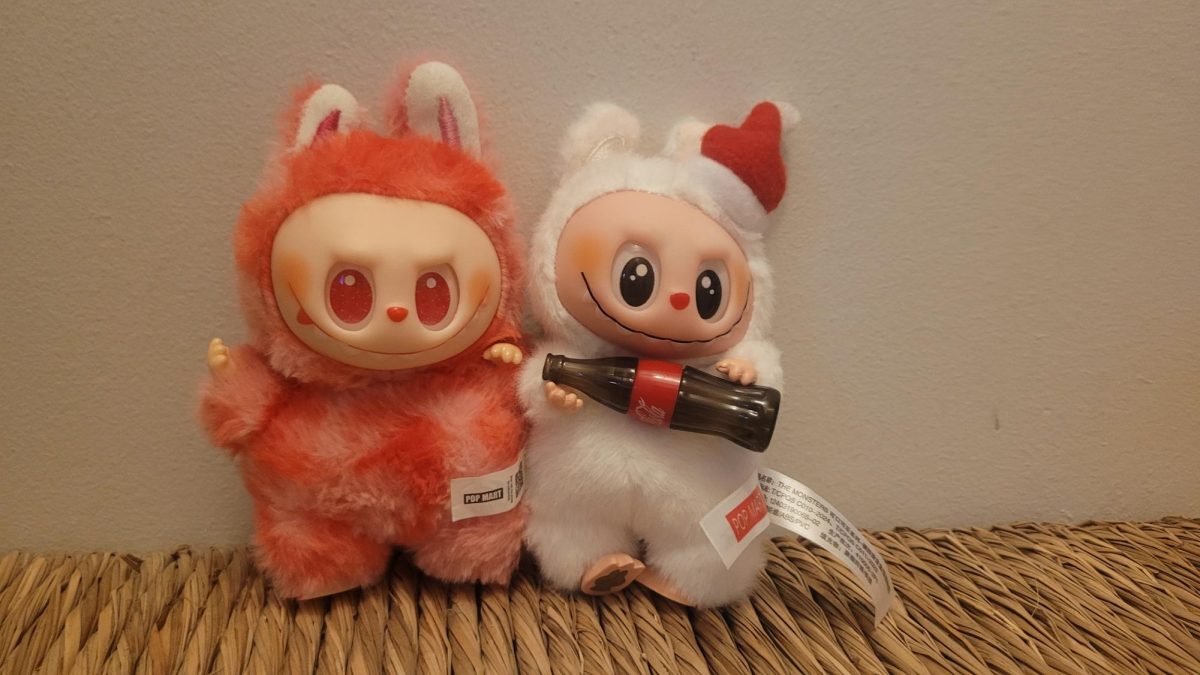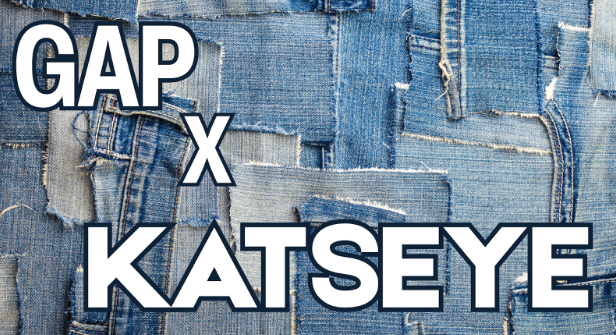Fake versions of the popular collectible doll Labubu have been issued a warning by the U.S. Consumer Product Safety Commission (CPSC) on Aug. 18.
Originally designed by Hong Kong-born artist Kasing Lung, Labubus gained popularity when Chinese toy company Pop Mart introduced the characters as blind box collectibles in 2019.
Following a resurgence in popularity in the summer of 2025, the collectible became highly sought after, prompting consumers to turn to resellers to obtain the doll. Labubu blind boxes became so popular and rare that consumers pay anywhere from $30 to hundreds of dollars for a doll.
The high demand for Labubus caused many companies to create counterfeit versions of the doll, which consumers nicknamed “Lafufus.” These Lafufu dolls break apart easily, releasing small pieces that can become choking hazards.
“These fake Labubu dolls are dangerous, illegal and have no place in American homes,” CPSC Acting Chairman Peter Feldman said in a CPSC article. “No parent should have to wonder if a toy will stop their child from breathing. Protect your children and buy only from reputable sellers.”
Many Labubus are tricky to tell if they are the real deal or counterfeit, but there are things to watch out for to tell if these collectables are legitimate.
Authentic Pop Mart Labubu dolls feature a holographic Pop Mart sticker on the box, as well as a QR that links directly to the official Pop Mart website. On newer editions of Labubus, there is a UV stamp on one foot of the doll. Many Lafufus also have an incorrect number of teeth, as real Labubus have exactly nine teeth on the vinyl face.
“[Our] figures are renowned for their clean sculpting and meticulous paint application,” a Pop Mart representative said in an interview with Good Morning America.
As Labubus continue to trend on social media, their counterfeit versions will become more prevalent through scams and money-grabbing advertisements. It’s crucial for consumers to be aware of the dangers of Lafufus and be mindful of the credibility of resellers.








